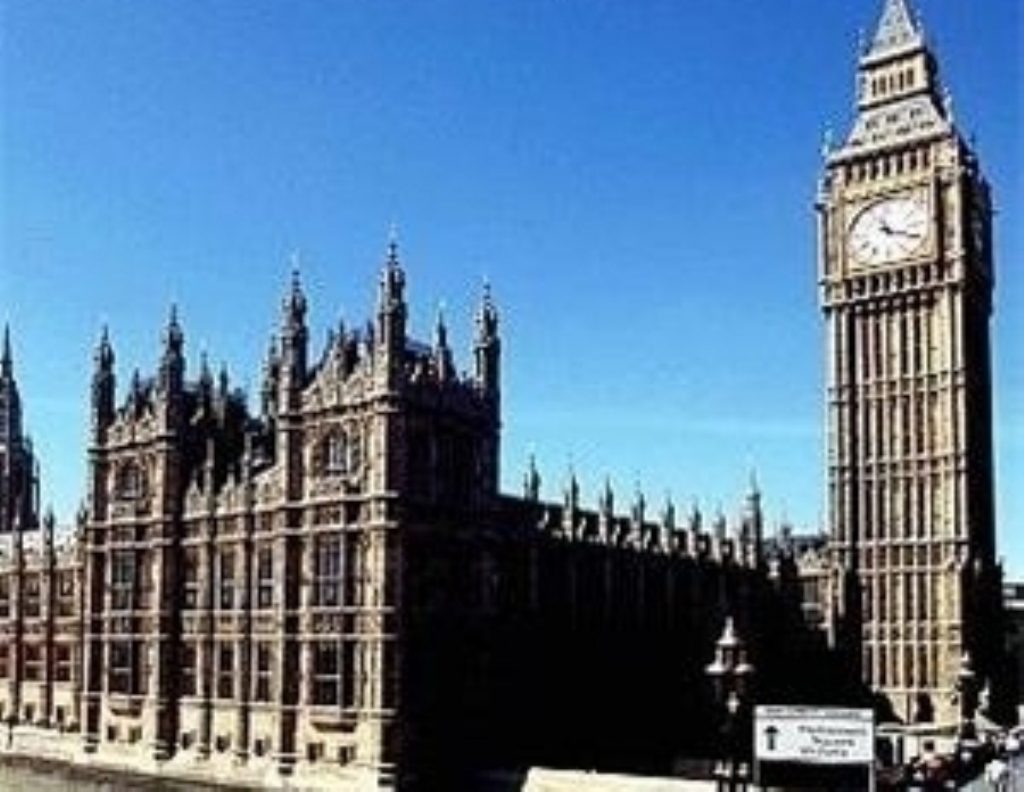Clegg rejects ‘unconstitutional’ dissolution barbs
Deputy prime minister Nick Clegg has dismissed claims that proposals to hand parliament the power to dissolve parliament are unconstitutional.
Under the coalition government’s fixed-term parliament plans the only way the next general election will be held before May 7th 2015 will be if 55% of MPs support a dissolution vote.
Critics have pointed out the government could lose a no-confidence vote but that, with the dissolution requiring more than a simple majority in the Commons, a general election would not necessarily follow.


Election aftermath: The constitution
In his first major speech as deputy prime minister Mr Clegg said of those concerned by the proposal’s constitutional implications: “They are completely missing the point. This is a new right for parliament, additional to the existing powers of no confidence.
“We’re not taking away parliament’s right to throw out government. We’re taking away government’s right to throw out parliament.”
Mr Clegg pointed out the 55% threshold was lower than the two-thirds majority required for dissolution in the Scottish parliament. But he appeared to acknowledge the margin of victory had been shaped by the desire to deny either coalition partner the ability to end their tie-up prematurely.
“It strikes the right balance for our parliament, maintaining stability, stopping parties from forcing a dissolution to serve their own interests,” he said.
The Conservatives hold 47% of MPs in the new parliament, meaning all the other parties put together hold 53% – short of the 55% threshold which the coalition plans to enshrine in legislation soon.









